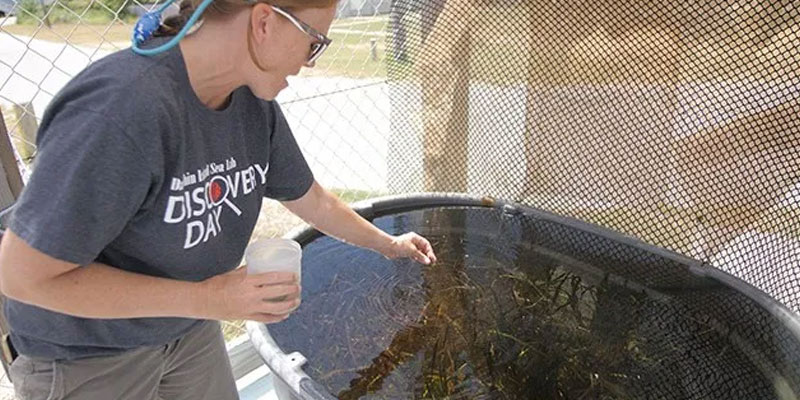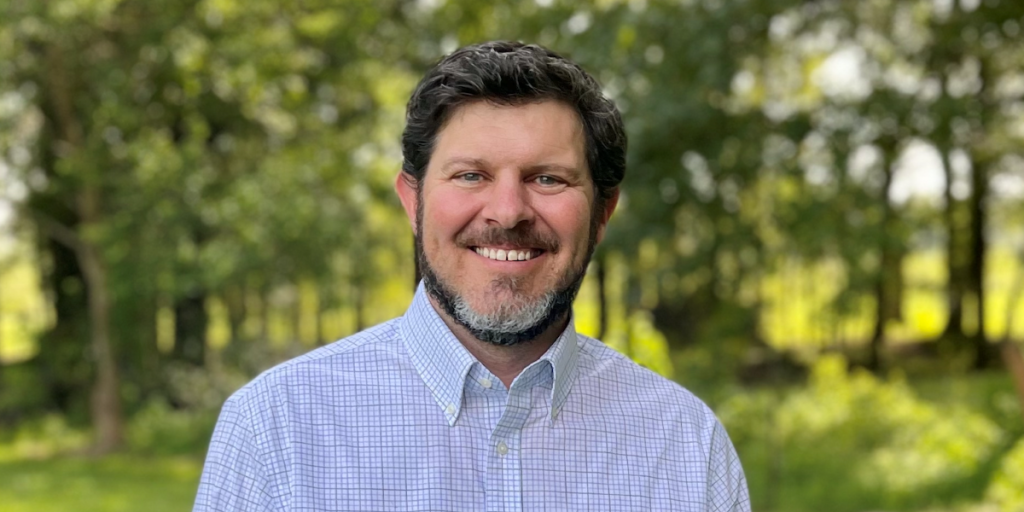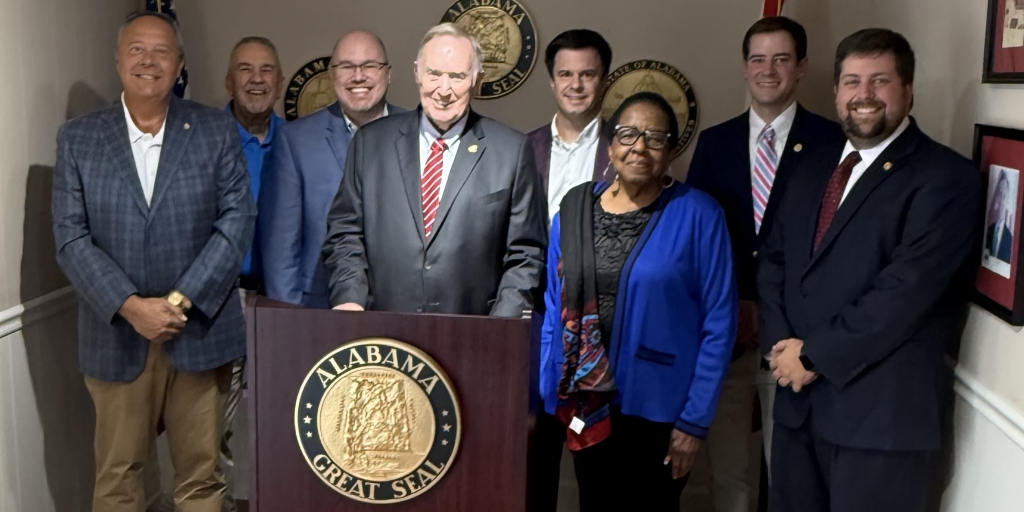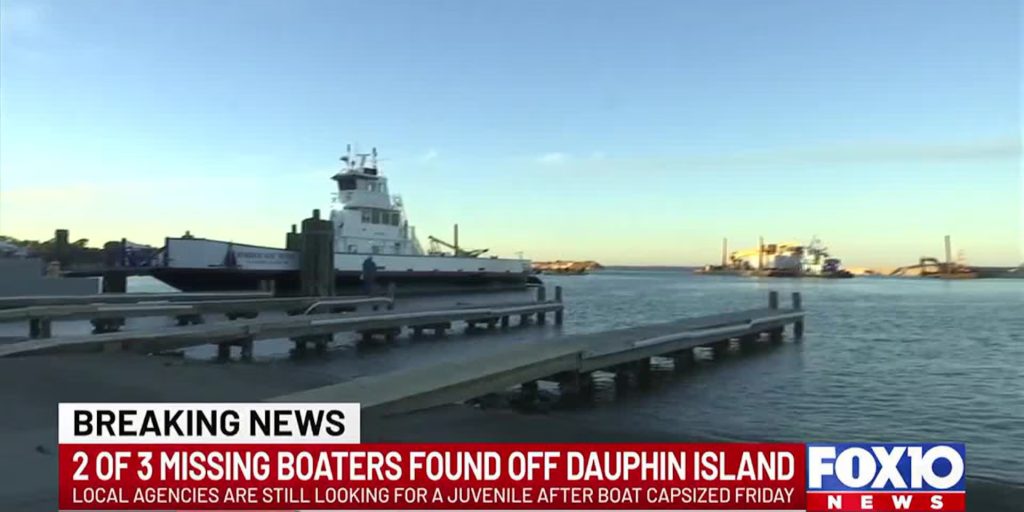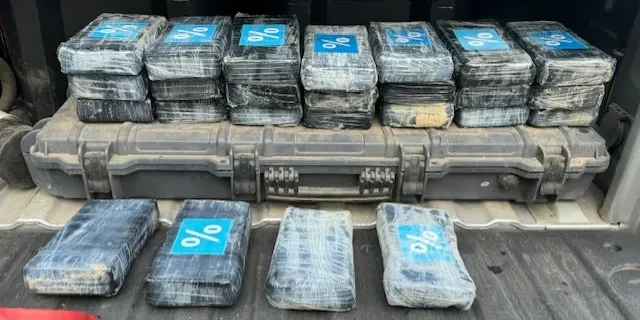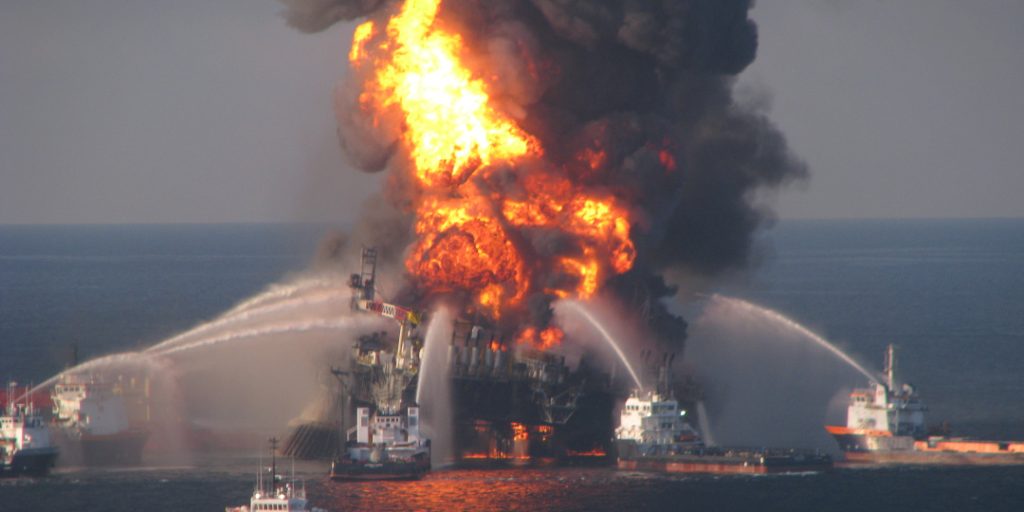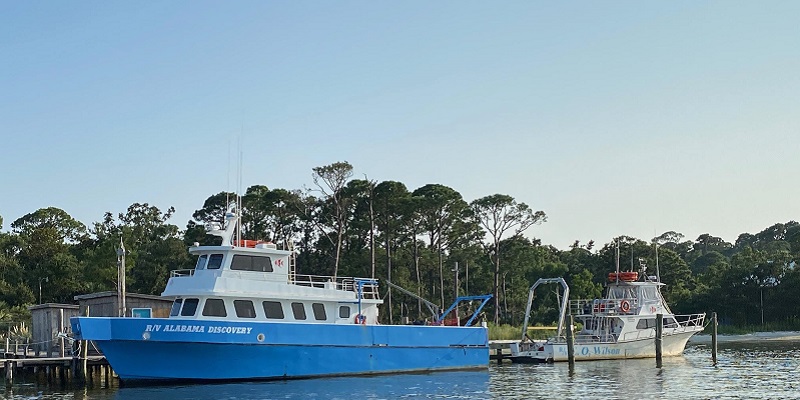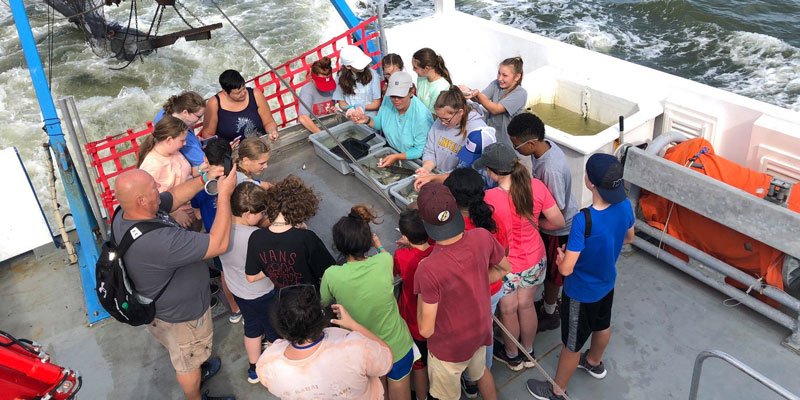Researchers at Dauphin Island Sea Lab (DISL) are planting underwater grasses in coastal areas of Alabama to improve marine habitats for fish and wildlife.
The work is part of a 5-year project funded by the Gulf Coast Ecosystem Restoration Council. The council, in connection with the Alabama Department of Conservation and Natural Resources, tasked DISL with completing a submerged aquatic vegetation (SAV) restoration program in upper and lower Perdido Bay, and lower Mobile/Tensaw River Delta. The lab is also undertaking a comprehensive SAV mapping and monitoring program for coastal Alabama.
“We care about submerged aquatic vegetation because this is the nursery habitat for our juvenile fish, crabs and shrimp,” said Dottie Byron, manager in Ken Heck’s Lab at DISL. “It’s really good hiding places when you’re little to hide and eat and grow up and then move to your adult habitat. That’s why we want to restore this. The more grass we have out there the better fishing we’re going to have, better crabbing we’re going to have.”
Dauphin Island Sea Lab working to restore Alabama coastal seagrass from Alabama NewsCenter on Vimeo.
The team will work to bring back to life an area in the Mobile Delta once known to flourish with Vallisneria americana, commonly known as tape grass. The grasses are being planted in areas struggling to naturally heal from damage caused by hurricanes, drought or boat propellers.
“They need that kick-start,” Byron said. “That’s what we want to do. We want to kick-start some of these areas that we know use to have grass, that we know are better now and we want to get them growing and help go back to what they used to be.”
Byron said many of the grasses to be planted are being grown in labs at DISL from seeds harvested in healthy coastal areas.
“We bring them back to the lab, take the seeds out, put those into a growth chamber in the winter and let them get enough light so they will sprout and germinate,” Byron said. “Eventually we will bring them out to a larger container out here. This will be ready for restoration planting when we find the right sites.”
In areas of lower Perdido Bay where grasses are often scarred by boat propellers, Byron said bird stakes are being installed and educational signage hung to inform boaters. She said droppings from birds contain nutrients that help grasses recover quicker.
“Their guano is rich in nutrients,” Byron said. “It’s a low-key way to add nutrients or fertilizer to a localized area to help the grass fill in these scars.”
The boater guides are being distributed thanks to a joint effort with Alabama Coastal Foundation, Alabama Cooperative Extension System, City of Orange Beach, Gulf Shores Orange Beach Tourism, Islands of Perdido Foundation, Mobile Bay National Estuary Program, National Fish and Wildlife Foundation, National Oceanic and Atmospheric Administration, State of Alabama State Lands Division and The Nature Conservancy.
(Courtesy of Alabama NewsCenter)




